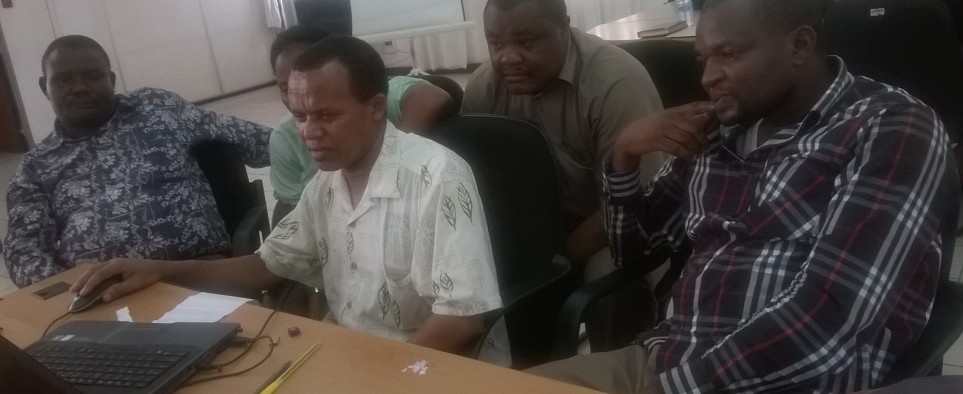During a 3-day training in human rights impact assessment (HRIA) for the Tanzanian Commission on Human Rights and Good Governance (CHRAGG), a Tanzanian investigator asked the question that now titles this note.
Who indeed? Corporate HRIA has swiftly moved into the sphere of consultants since the publication and broad endorsement of the UN Guiding Principles on Business and Human Rights in 2011. Technical consultants, management consultants, risk analysts and lawyers now consult with companies on their human rights impacts and due diligence processes, though these investigations very rarely reach the public.
Given the opacity that this has generated, perhaps an alternative field should be conducting HRIAs.
The CHRAGG’s interest in conducting such assessments is a powerful signal of the potential that government agencies can have in the business and human rights sphere. As an entity charged with investigation human rights risks and educating the public about rights, CHRAGG can bring both investigative capacity and commitment to transparency to HRIA. Its mandate authorizes its investigators to enter locations where they believe human rights violations are occurring, which provides a strong impetus for companies to facilitate investigations and voluntarily supply requested data.
Further, CHRAGG may have the authority to evaluate the adequacy of HRIAs conducted by companies. Where companies claim to “know and show” their human rights impacts by conducting due diligence, national human rights institutions can demand proof. This option does not even require human rights institutions to conduct the assessments, but entitles them to review, critique, and request clarification. A review process would also improve transparency in the human rights due diligence sphere. Opportunities abound, and CHRAGG appears to be seizing them.


